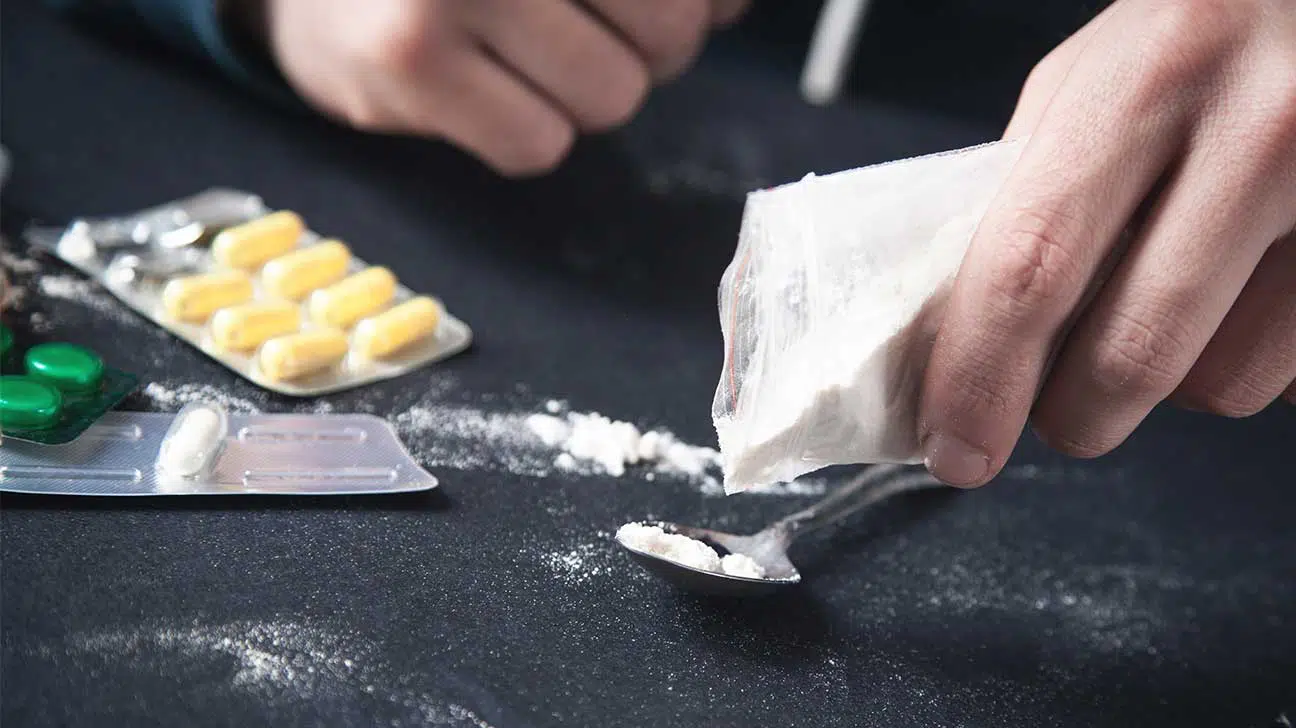
Mixing trazodone and cocaine usually only causes mild effects, but combining the drugs can increase the risk of seizures and developing a serious condition called serotonin syndrome.
Trazodone has been used to treat cocaine withdrawal, though clinical studies suggest it may not be a safe method of treatment because trazodone can enhance the euphoric effects of cocaine.
The properties of the antidepressant can decrease feelings of tension and shakiness after cocaine use.
Find out more about the dangers of mixing drugs
Effects Of Mixing Cocaine And Trazodone
In a clinical trial, eight healthy men who used cocaine were given trazodone and cocaine to test the effects of the drugs together.
Some were given a placebo, and others were given a single 100 milligram (mg) oral dose of the antidepressant trazodone.
Then, the participants ingested an oral dose of 2 milligrams per kilogram (mg/kg) of cocaine.
Trazodone diminished effects of cocaine such as:
- increased blood pressure
- increased pupil size
- decreased skin temperature
- muscle shakiness
Other Effects Of Cocaine And Trazadone
The trazodone pretreatment also produced mild drowsiness. It had no effect on the euphoric effects of cocaine.
Other studies have also found that mixing stimulants and antidepressants can increase the chance of seizures.
Though uncommon, taking cocaine and trazodone together can have lethal results if the dosage for either substance is incorrect.
Risks Of Mixing Cocaine And Trazodone
Mixing cocaine and trazodone can result in serious and life-threatening conditions. Potentially fatal consequences involve alteration in levels of serotonin, epinephrine, and norepinephrine.
Serotonin Syndrome
Using cocaine and trazodone together can lead to a condition called serotonin syndrome, which occurs when a person takes medications that cause high levels of serotonin to accumulate.
Antidepressants like trazodone are serotonin reuptake inhibitors, meaning they prevent the synapse from taking back the serotonin that it releases.
Cocaine, like other illicit drugs, produces a rush of serotonin in the brain, throwing the balance off. Mixing cocaine with an antidepressant can result in dangerous levels of serotonin.
Serotonin syndrome can cause serious symptoms such as:
- confusion
- anxiety
- rapid heart rate
- high blood pressure
- loss of muscle coordination
- heavy sweating
- diarrhea
- headache
- shivering
Life-threatening symptoms include:
- high fever
- seizures
- irregular heartbeat
- unconsciousness
- coma
Risk Of Adrenergic Crisis
Researchers have found that mixing cocaine with antidepressants can result in an adrenergic crisis, which occurs when the metabolism of epinephrine and norepinephrine are altered.
Taking the drugs together enhances the effects of antidepressants, which can send the body into life-threatening complications.
This can cause the following effects:
- high blood pressure
- tachycardia
- hyperthermia
- agitation
- seizure
- chest pain
- heart palpitations
- headache
- abdominal discomfort
Though these symptoms are treatable if caught in time, people have died from complications after a cocaine-induced adrenergic crisis.
Get Treatment For Drug Addiction Today
If you or a loved one are facing drug addiction for the first time, call us today. We have more information for you about how to start the recovery process.
Addiction Resource aims to provide only the most current, accurate information in regards to addiction and addiction treatment, which means we only reference the most credible sources available.
These include peer-reviewed journals, government entities and academic institutions, and leaders in addiction healthcare and advocacy. Learn more about how we safeguard our content by viewing our editorial policy.
- Mayo Clinic—Serotonin syndrome
https://www.mayoclinic.org/diseases-conditions/serotonin-syndrome/symptoms-causes/syc-20354758 - National Center for Biotechnology Information (NCBI)—Trazodone
https://www.ncbi.nlm.nih.gov/books/NBK470560/#:~:text=Trazodone%20is%20an%20antidepressant%20that,alpha%2D1%2Dadrenergic%20receptors. - Science Daily—Serotonin contributions to cocaine's allure
https://www.sciencedaily.com/releases/2017/06/170628095913.htm - U.S. National Library of Medicine: PubMed—Trazodone-oral cocaine interactions
https://pubmed.ncbi.nlm.nih.gov/6380447/#:~:text=Trazodone%20alone%20produced%20mild%20sleepiness,after%20cocaine%20administration%20were%20diminished.


